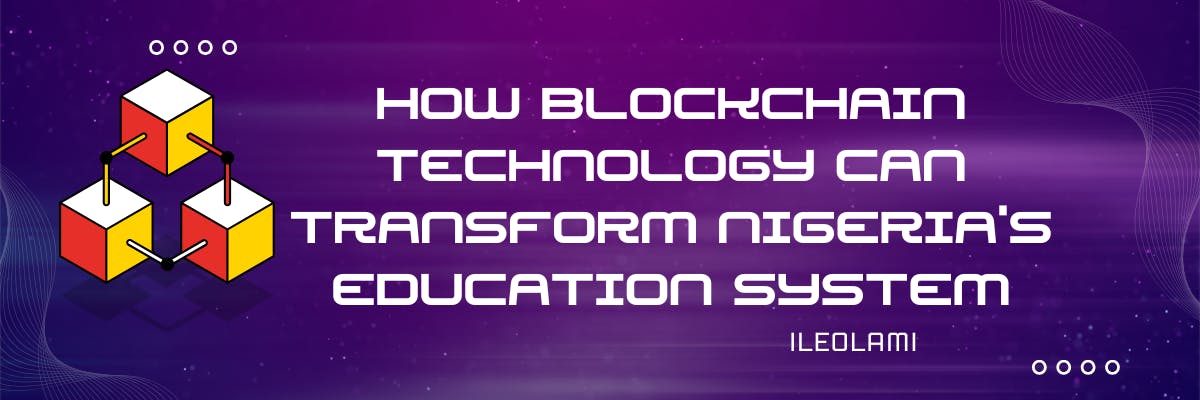
"Marking 1,000 handwritten scripts from 250 students across four classes, while calculating grades and collating results, strains lecturers significantly within short timeframes."
"Students' exam booklets may go missing, leading to potential course repetition and resolution timelines that can stretch four to six weeks within a typical three-month semester."
"The current examination and grading system in Nigerian universities creates systemic stress for both students and lecturers, impacting the overall educational experience."
"The introduction of blockchain technology could revolutionize Nigeria's educational system by enhancing accountability and efficiency through improved management of examination scripts."
Nigerian public university lecturers manage substantial workloads, marking an average of 1,000 scripts each semester amid multiple teaching and personal responsibilities. Completion of this task becomes particularly challenging within the designated two-week timeframe, often leading to errors such as missing scripts or grade discrepancies. These stressors not only affect lecturers but also create systemic issues for students, including the risk of course repetition due to unresolved exam paper mismanagement. The advantage of utilizing blockchain technology is emphasized as a potential solution to streamline processes and improve overall educational outcomes.
#nigerian-education #blockchain-technology #university-challenges #lecturer-workload #examination-system
Read at Hackernoon
Unable to calculate read time
Collection
[
|
...
]